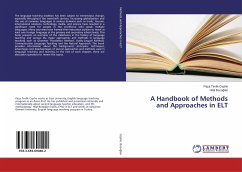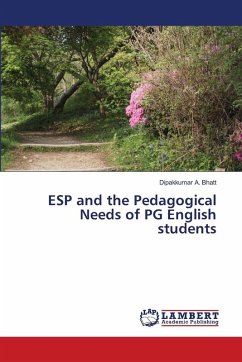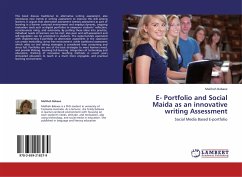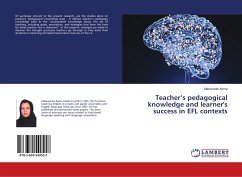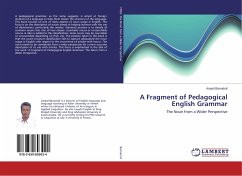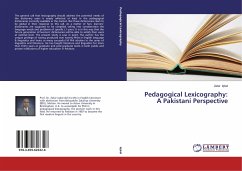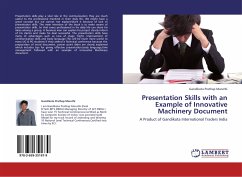In the ever-evolving landscape of education, the teaching and learning of English as a foreign language demand continuous innovation and adaptability. The 21st-century classroom is no longer confined to the traditional four walls; it is an expansive and dynamic environment that incorporates technology, interactive methodologies, and learner-centered approaches. This textbook, Innovative Pedagogical Technologies of English Language Teaching (Part 1), is designed to equip Bachelor students specializing in Foreign Language and Literature with the knowledge, skills, and strategies necessary to become effective, modern English language educators.Innovative Pedagogical Technologies of English Language Teaching (Part 1) is more than just a textbook-it is a guide, a toolkit, and an inspiration for future educators. It encourages students to think critically, teach creatively, and continuously innovate. As they progress through this course, students will not only gain the competencies required for effective English language teaching but also develop the professional mindset necessary for lifelong learning and growth in the field of education.
Bitte wählen Sie Ihr Anliegen aus.
Rechnungen
Retourenschein anfordern
Bestellstatus
Storno


